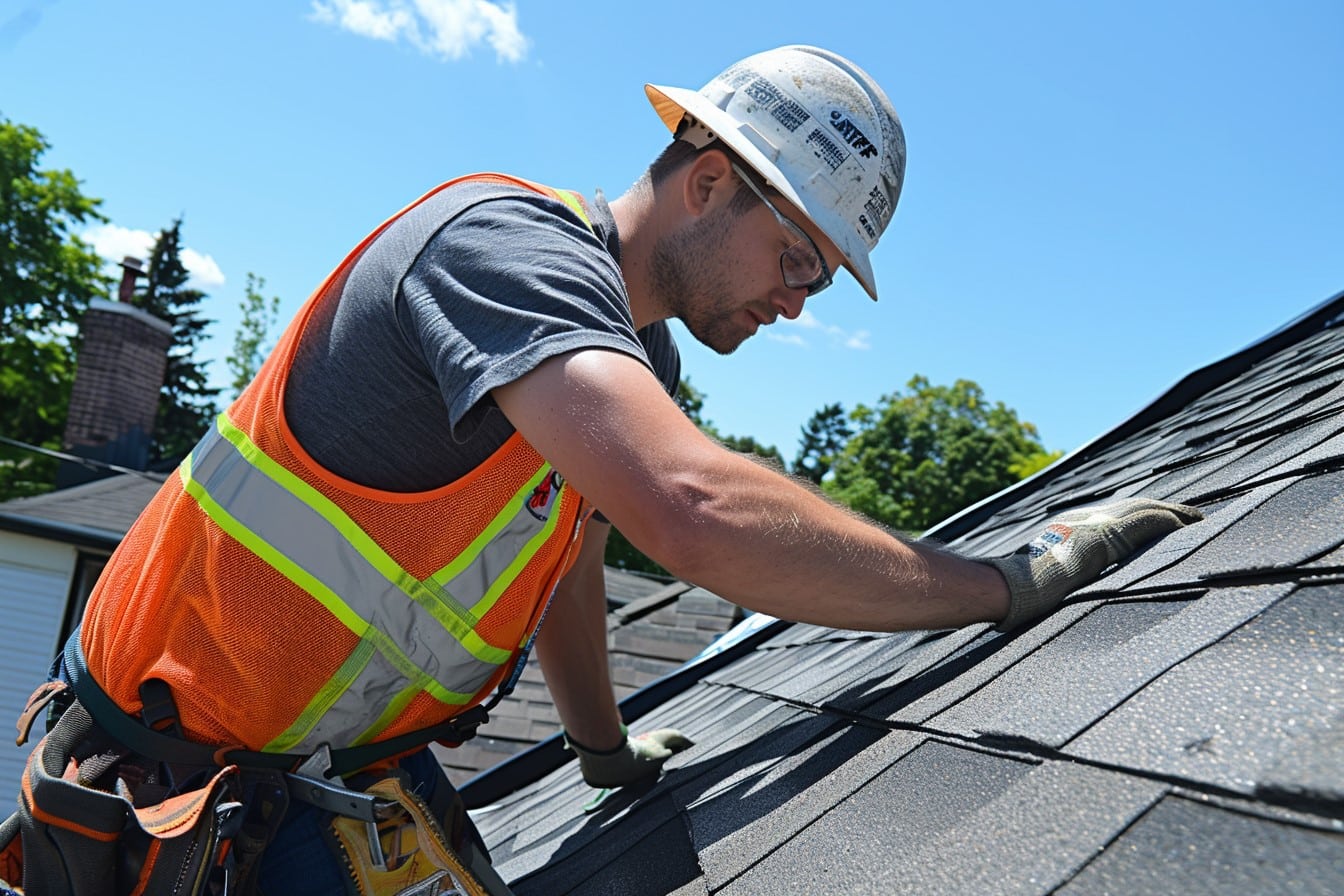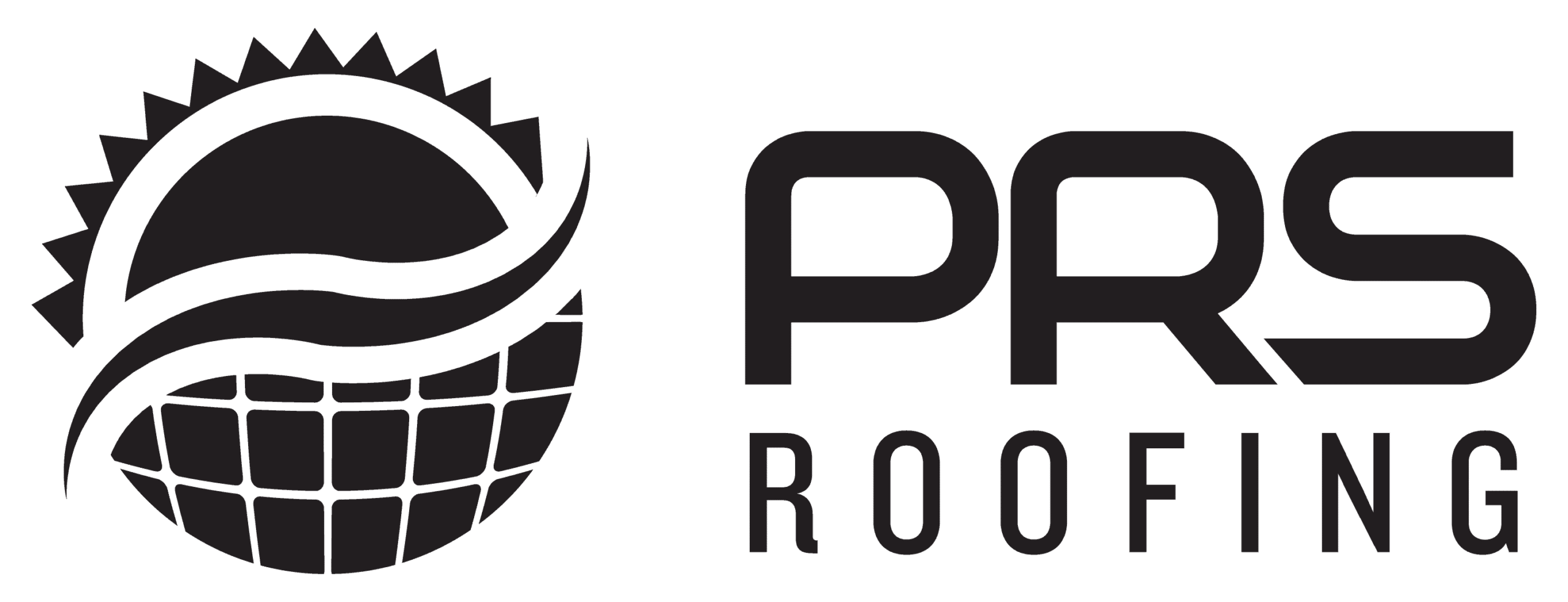Roof inspections are a critical aspect of home maintenance, especially in regions like Florida, where weather conditions can be particularly harsh on roofing materials. Regular inspections not only extend the life of your roof but also protect your home from potential damage. In this comprehensive guide, we’ll explore the importance of frequent roof inspections, the optimal schedule for these inspections, and how they contribute to the overall health of your home.
Why Frequent Roof Inspections Are Essential in Florida
Florida’s unique climate presents several challenges for homeowners. The intense sun, heavy rains, and occasional hurricanes can all take a toll on roofing materials. Here are some reasons why regular roof inspections are crucial in Florida:
- Weather Damage: Constant exposure to UV rays can degrade roofing materials, while heavy rains and hurricanes can cause immediate and severe damage.
- Early Problem Detection: Regular inspections help detect minor issues before they become major problems, saving homeowners time and money in the long run.
- Maintaining Home Value: A well-maintained roof enhances the overall value of your home, making it more attractive to potential buyers.
Recommended Frequency for Roof Inspections
To ensure your roof remains in optimal condition, it is advisable to follow a consistent inspection schedule. Here are some guidelines to help you determine how often you should inspect your roof:
- Bi-Annual Inspections: Conduct roof inspections at least twice a year, ideally in the spring and fall. This schedule allows you to identify and address issues that may arise from seasonal weather changes.
- After Severe Weather Events: Inspect your roof immediately after any severe weather event, such as a hurricane or a heavy storm, to assess and repair any damage promptly.
- Professional vs. Self-Inspections: While it’s beneficial to conduct visual inspections yourself, hiring a professional roofing contractor for a thorough inspection annually is recommended.
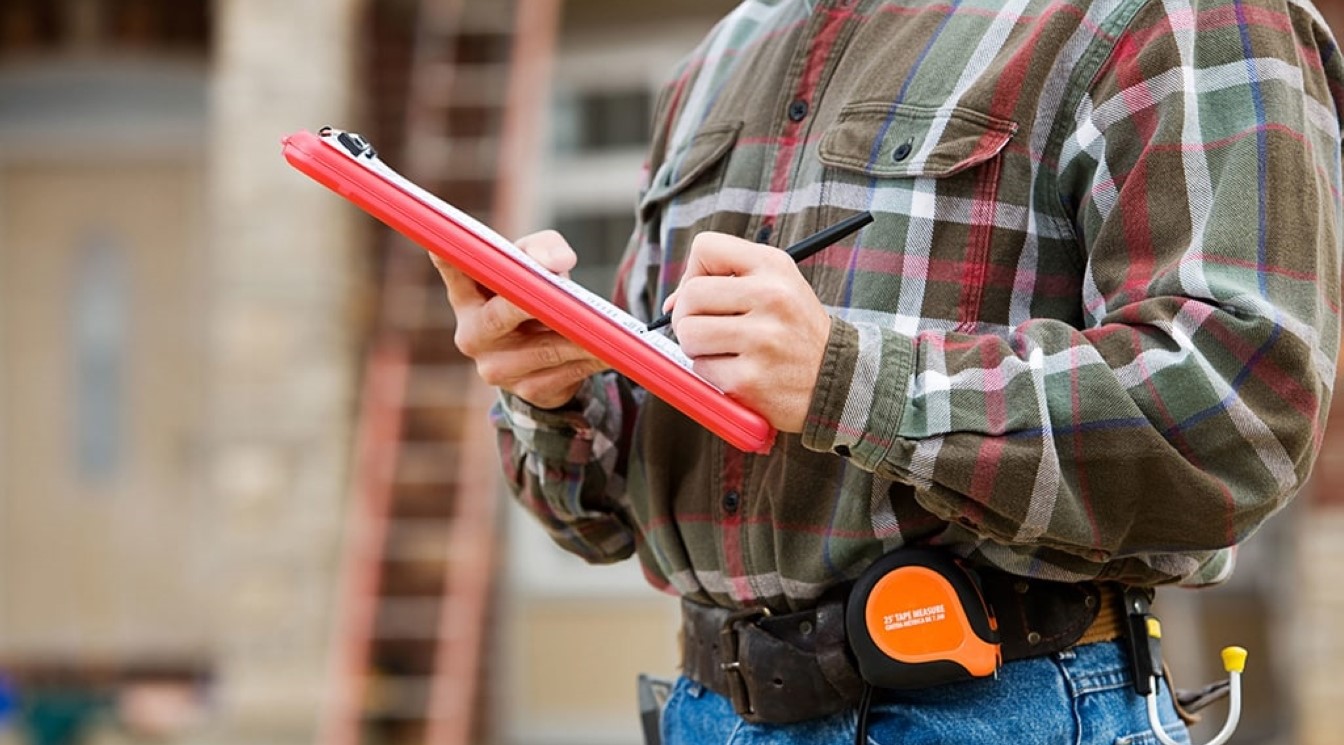
Steps in a Comprehensive Roof Inspection
A detailed roof inspection involves several steps to ensure all potential issues are identified and addressed. Here’s what you can expect during a professional roof inspection:
Visual Inspection
- Exterior Inspection: Examining the roof from the ground using binoculars to spot visible damage such as missing shingles, sagging areas, or debris.
- Interior Inspection: Checking the attic for signs of leaks, water stains, mold, or insulation issues.
Detailed Roof Surface Inspection
- Shingles and Tiles: Inspecting for cracks, curling, or missing shingles/tiles.
- Flashings: Checking the integrity of the roof’s flashings around chimneys, vents, and skylights.
- Gutters: Ensuring gutters are clear of debris and securely attached to the house.
Specialized Inspections
- Moisture and Leak Detection: Using moisture meters or infrared technology to detect hidden leaks and moisture build-up.
- Structural Assessment: Evaluating the overall structural integrity of the roof, including the rafters and trusses.
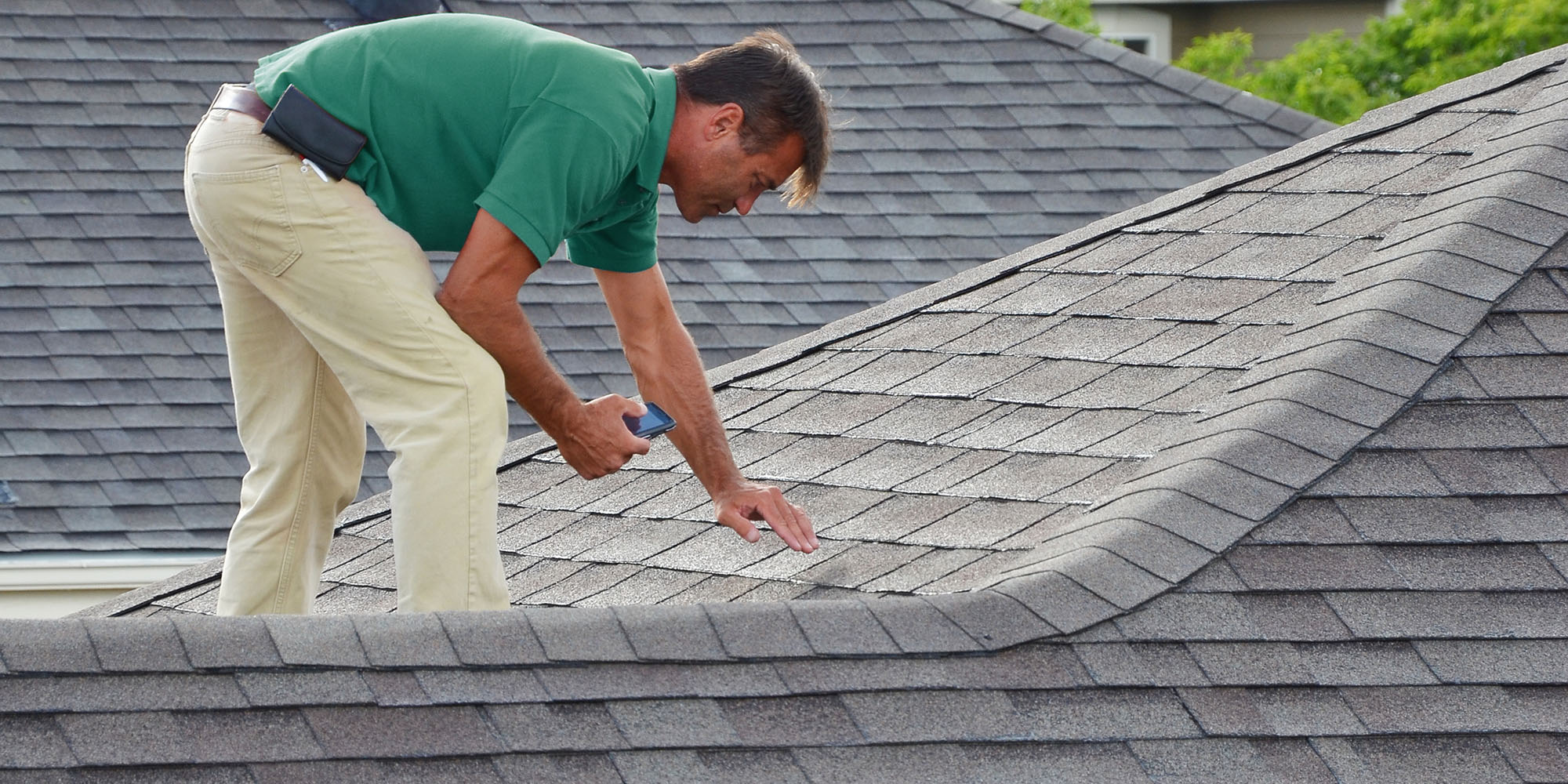
Benefits of Regular Roof Inspections
Regular roof inspections provide numerous benefits, from extending the lifespan of your roof to preventing costly repairs. Here’s how consistent inspections can protect your home and investment:
- Prolonging Roof Life: Regular maintenance can significantly extend the life of your roof by addressing minor issues before they escalate.
- Cost Savings: Early detection of problems prevents expensive repairs and potential structural damage to your home.
- Improved Safety: Ensuring your roof is in good condition helps maintain the safety of your home’s interior, protecting your family from leaks and structural failures.
- Energy Efficiency: A well-maintained roof enhances your home’s energy efficiency by preventing heat loss in the winter and keeping your home cooler in the summer.
Common Roof Issues Detected During Inspections
During a roof inspection, several common issues may be identified. Understanding these problems can help you take proactive steps to address them:
- Leaks and Water Damage: Often caused by missing or damaged shingles, leaks can lead to significant water damage if not promptly repaired.
- Shingle Deterioration: Shingles may crack, curl, or become dislodged over time, especially in extreme weather conditions.
- Flashing Failures: Damaged or improperly installed flashings can allow water to penetrate the roof.
- Gutter Problems: Clogged or damaged gutters can lead to water pooling on the roof, increasing the risk of leaks and structural damage.
- Moss and Algae Growth: These can cause shingles to deteriorate and affect the roof’s appearance and functionality.
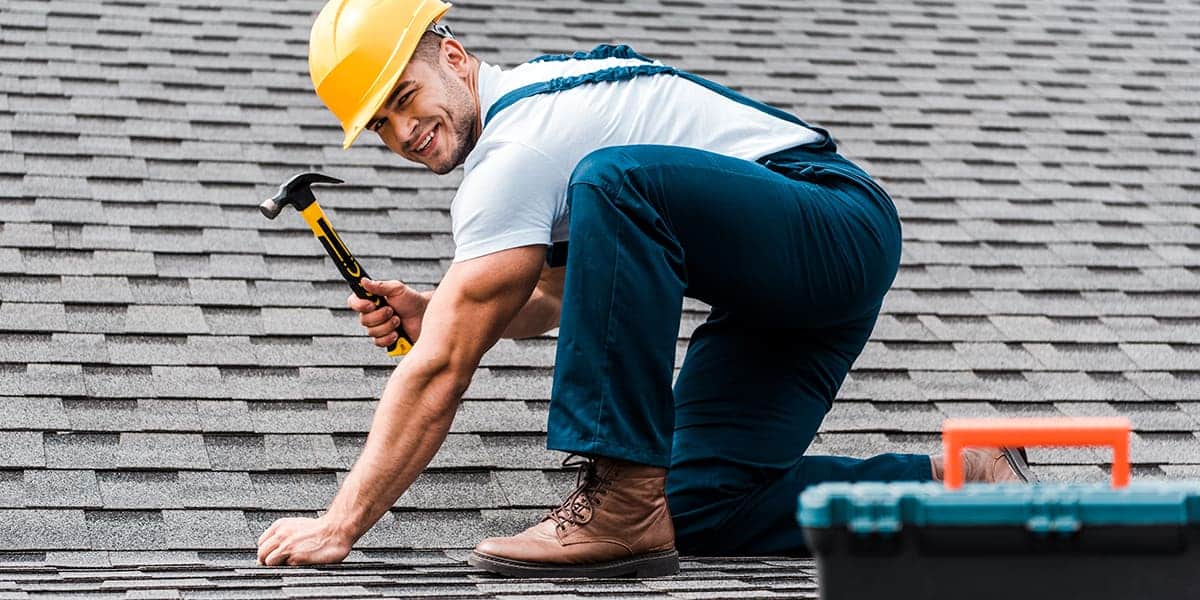
Tips for Maintaining Your Roof Between Inspections
While regular professional inspections are essential, there are several maintenance tasks homeowners can perform to keep their roofs in good condition between inspections:
- Keep Gutters Clean: Regularly remove leaves, twigs, and other debris from gutters to ensure proper drainage.
- Trim Overhanging Branches: Prevent branches from rubbing against the roof and causing damage.
- Inspect After Storms: Conduct a quick visual check of your roof after severe weather to identify any obvious damage.
- Remove Debris: Clear any debris that may accumulate on the roof, such as leaves or branches, to prevent water retention and damage.
FAQs
To wrap up, let’s address some frequently asked questions about roof inspections in Florida:
1. How often should I have my roof inspected in Florida?
It’s recommended to have your roof inspected at least twice a year, in the spring and fall, and after any severe weather events.
2. Can I perform roof inspections myself?
While you can conduct basic visual inspections yourself, it’s advisable to hire a professional roofing contractor for thorough annual inspections.
3. What should I look for during a roof inspection?
Look for missing or damaged shingles, signs of leaks in the attic, and any visible damage to flashings or gutters.
4. How much does a professional roof inspection cost?
The cost can vary, but on average, a professional roof inspection may cost between $200 and $400.
5. What are the benefits of regular roof inspections?
Regular inspections help in early detection of issues, prolong the life of your roof, enhance safety, and save on costly repairs.
Regular roof inspections are a vital part of maintaining your home’s integrity, especially in a climate as challenging as Florida’s. By following a consistent inspection schedule and addressing issues promptly, you can ensure your roof remains in excellent condition, protecting your home and providing peace of mind. If you haven’t scheduled your next roof inspection yet, contact a professional roofing contractor today and safeguard your home against potential damage.
